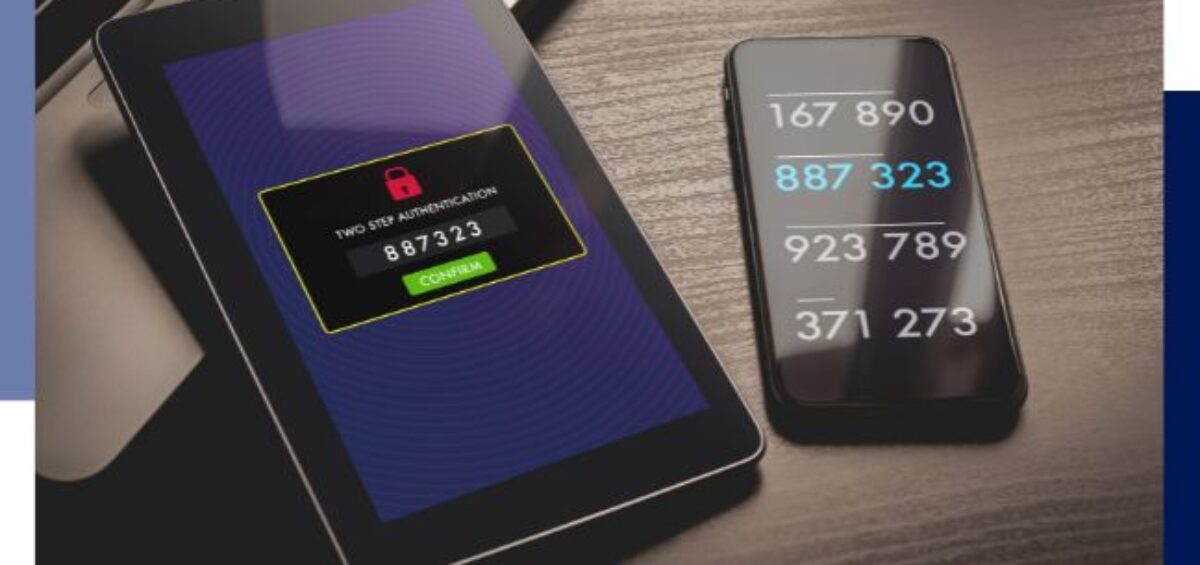Imagine this: you get an email from your boss asking you to process an urgent payment. It looks legitimate—same signature, same writing style—but something feels off. You double-check, and surprise! Your boss had no idea about it. That’s email fraud in action. And it happens more often than you’d think.
Email is a massive part of our daily work life, but it’s also one of the easiest ways for cybercriminals to sneak in. A single wrong click can open the door to malware, phishing scams, or even full-blown data breaches. That’s why having an email security policy isn’t just a good idea—it’s a necessity.
Why Your Workplace Needs an Email Security Policy
A strong email security policy helps safeguard your business and employees from cyber threats. It ensures that everyone understands best practices, reducing the risk of costly mistakes. Without proper guidance, employees might unknowingly click on harmful links, share confidential information, or fall for a scam that could jeopardise the entire company.
Beyond protecting sensitive data, a policy also keeps your business compliant with regulations like GDPR. Mishandling personal or company data isn’t just risky—it can lead to hefty fines and serious reputational damage. A well-structured security policy makes sure your organisation stays on the right side of the law while maintaining trust with customers and employees.
The Biggest Email Security Threats
Understanding the threats out there is the first step to protecting against them. Some of the most common email security risks include:
- Malware – Malicious software often arrives via email attachments or links, compromising systems and stealing data.
- Phishing – Cybercriminals impersonate trusted sources to trick recipients into revealing sensitive information or clicking harmful links.
- Email Account Takeover – Hackers gain access to email accounts to send fraudulent messages or access business systems.
- Email Spoofing – Attackers manipulate email addresses to make their messages appear legitimate, increasing the risk of scams and fraud.
- Spam – While most spam emails are simply annoying, some contain links to malware or phishing sites.
Watch Out for Insider Threats
Not all risks come from the outside. Sometimes, security breaches happen because of internal mistakes or intentional actions. A disgruntled employee with access to sensitive data can cause serious harm if they choose to misuse it. But even well-meaning employees can pose a risk—leaving a computer unlocked or accidentally forwarding confidential emails to the wrong person can have significant consequences. That’s why education and awareness are just as important as technical defences.
How to Strengthen Email Security
Businesses can take several steps to protect their email systems from cyber threats:

- Run Phishing Simulations & Training – Regular phishing tests help employees recognise and respond to suspicious emails.
- Use Strong Passwords – Encourage employees to use complex, unique passwords or a password manager.
- Enable Multi-Factor Authentication (MFA) – Adding an extra verification step makes it much harder for hackers to gain access.
- Avoid Public Wi-Fi – Public networks can expose sensitive data. Employees should use VPNs when accessing work emails outside the office.
- Have an Incident Response Plan – Employees should know who to report suspicious emails to and what steps to take in case of a security breach.
Final Thoughts
Email security isn’t just an IT concern—it’s something every employee should be mindful of. A well-defined security policy, combined with regular training and awareness, can prevent cyber threats from causing real harm. By taking proactive steps to protect email communication, businesses can avoid costly breaches, maintain trust, and ensure their data remains secure.
We Recommend:
- Cyber Security
- Creating a Social Media Policy is Crucial in Light of Recent Far-Right Riots
- Are You ‘Click-Crazy’? Why That Next CAPTCHA Could Be a Risk
- Future Threats to Business Continuity for Scottish Businesses | BCDR Insights
- How Stronger Cyber Security Can Protect Your Business From Data Breaches
Contact Us
Follow us on:


